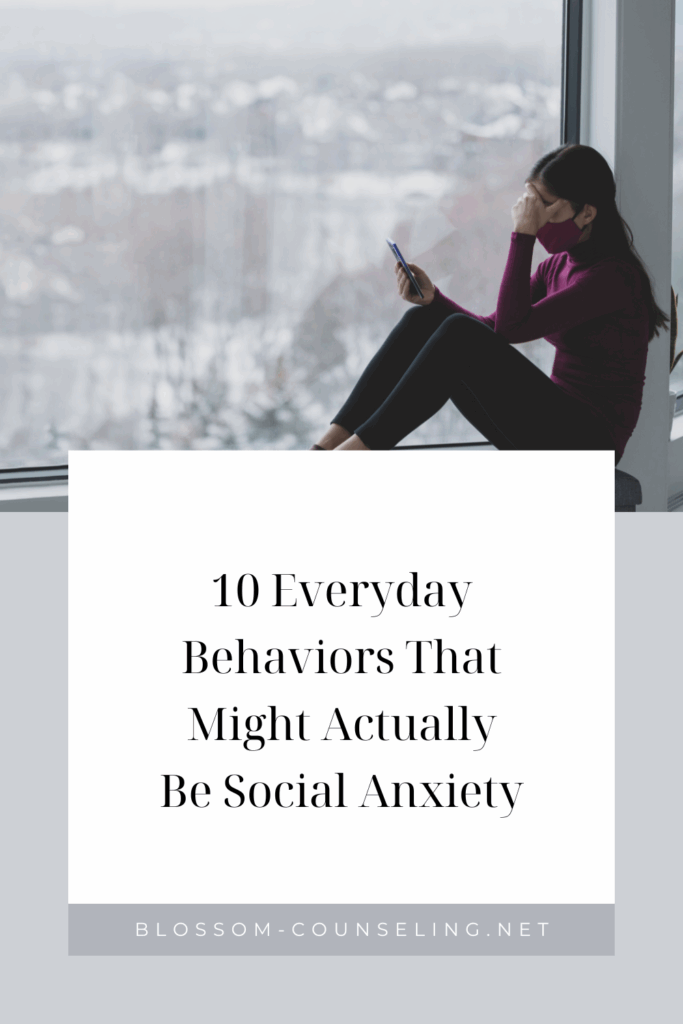 We’ve all been there. You agree to work late even though you’re running on fumes. You offer emotional support when your own tank is empty. You give someone yet another chance even after they’ve crossed a line. It might look like kindness on the outside, but inside it feels heavy, draining, and a little like you just let yourself down again.
We’ve all been there. You agree to work late even though you’re running on fumes. You offer emotional support when your own tank is empty. You give someone yet another chance even after they’ve crossed a line. It might look like kindness on the outside, but inside it feels heavy, draining, and a little like you just let yourself down again.
That’s what happens when we violate our own boundaries.
Boundaries aren’t walls; they’re more like invisible fences that protect your peace, energy, and emotional space. They define what’s okay for you and what’s not. When you keep stepping over your own lines, it slowly chips away at your self-respect and leaves you feeling exhausted, resentful, and out of control.
Why We Do It
Let’s be honest—most of us don’t break our own boundaries on purpose. We do it because:
- People-pleasing feels safer than disappointing someone.
- Conflict feels terrifying, so we give in to keep the peace.
- Guilt kicks in, whispering that saying no makes us selfish.
- Old habits die hard, especially if you’ve spent years putting everyone else first.
How to Know You’re Crossing Your Own Lines
Sometimes it sneaks up on you. You might notice:
- That flash of resentment right after you agree to something.
- Feeling mentally or physically drained from giving too much.
- Regretting a “yes” the moment it leaves your mouth.
- Realizing your time and energy don’t feel like your own anymore.
What It Costs You
When you keep ignoring your own limits, the toll adds up. Relationships start feeling one-sided. Your self-esteem takes a hit. Life feels like it’s happening to you instead of something you get to shape. Over time, the stress can turn into anxiety, burnout, or even physical symptoms—because your body knows when you’re running on empty.
How to Start Honoring Your Boundaries Again
- Know your limits. Take a minute to figure out what feels okay and what doesn’t. Write it down if it helps—something as simple as “No work emails after 7 p.m.” can make a difference.
- Pause before you say yes. Try “Let me think about it” instead of an automatic yes. A short pause can save a lot of resentment later.
- Practice saying no. Start small and remind yourself that “no” is a full sentence.
- Check in with yourself. Ask, “Do I actually want to do this?” If the answer’s no, give yourself permission to pull back.
- Reach out for support. Talking it through with a therapist or trusted friend can make it easier to stay consistent.
Remember, Boundaries Are Self-Respect in Action
Boundaries aren’t about shutting people out; they’re about showing up for yourself. Slipping on them doesn’t mean you’ve failed—it means you’re human. The goal isn’t perfection; it’s progress. Every time you choose to protect your peace, you’re rebuilding trust with yourself.
Keep practicing. Each small “no” that feels uncomfortable now brings you closer to the version of you that feels calm, confident, and in control of your own life.
Hi, I’m Angie. I work with people who are trying to hold it all together while quietly wondering why life feels so overwhelming. Maybe you’re stepping into a new chapter—college, a job, a relationship—and it’s not going the way you thought it would. Maybe you’re tired of overthinking, people-pleasing, or feeling like you’ve lost track of who you are. I get it, and you don’t have to figure it out alone.
In therapy, I help you slow down, untangle the noise, and start feeling like yourself again. Together we’ll build confidence, set real boundaries, and find ways to handle life without so much pressure or self-doubt. My goal isn’t to “fix” you—it’s to remind you that you already have the strength and clarity you need.
When I’m not in session, you can usually find me sipping a matcha latte, spending time with my dog, or enjoying the calm of fall weather.
If you’re ready to feel grounded, confident, and back in control of your own story, I’d love to meet you.




